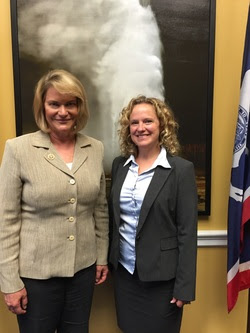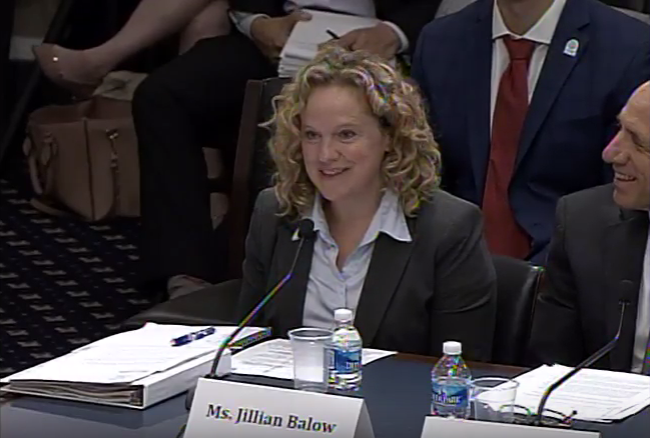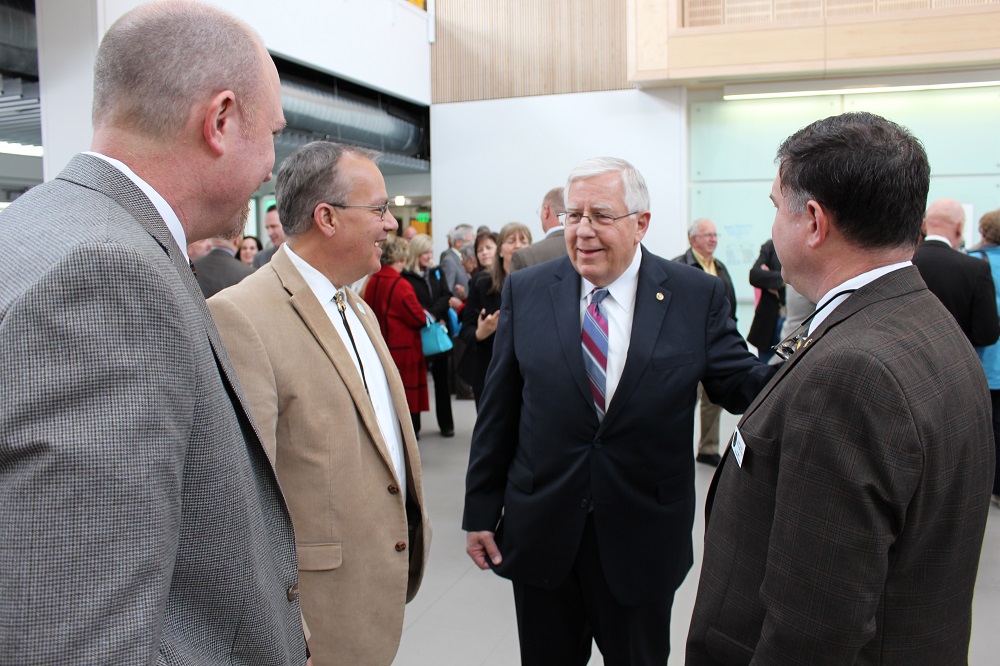Dear Superintendents,
As always, it was good to see so many education partners at the Joint Education Committee meeting this week. The discussion was particularly helpful in two ways: 1) moving the ball forward with educational programs, and, 2) continuing the very important debate about education funding in Wyoming. I left JEC early to testify at a congressional hearing in Washington, D.C. where I shared information about Wyoming’s investment in education using mineral revenues. The bill, H.R. 5259, is co-sponsored by Congresswoman Lummis and would give states and tribes a stronger voice in coal policy and regulation decisions. Here is additional information about the bill and testimony I provided.

Next week, there are several events of note taking place in Cheyenne. First, the Joint Appropriations Committee is meeting to discuss cuts to state agencies effective as of July 1, 2016 (the start of a new biennium). In recent weeks, each state agency identified an 8% cut. This 8% is in addition to the cuts realized during the legislative session. For WDE, this means our agency budget has been cut close to 16% since the beginning of the 2016. As with school districts, WDE hopes to find ways to do more with less and keep cuts away from our core and statutory responsibilities as a state agency.
Wyoming’s Career Readiness Council will also convene next week to hear from state and national experts on how to shape the future of career and technical education in Wyoming. The council will make several important decisions that will keep the work moving forward and in a positive direction.
There are no memos this week.
Enjoy your week!
Jillian



